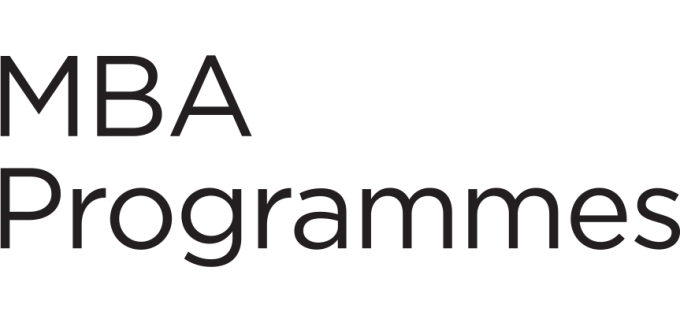Media Interview

An MBA is your ticket to a higher salary and potential job offers, but it’s also a chance to broaden your mind and develop the mental toughness you need to succeed in the workplace.
Muhammad Manko, Yuta Shirahata, and Sarah Atiq are all set to graduate from the University of Hong Kong Business School (HKU) MBA in 2021. BusinessBecause caught up with them to find out how an MBA develops your mental strength.
1. You learn to lead cross-culturally
Qatar native Sarah spent time working in finance and e-marketing in Singapore before enrolling in the HKU MBA. She was joined by people from a range of industries including technology, telecommunications, consulting, and logistics.
The 2021 HKU MBA cohort contains 18 nationalities among 51 students. As many as 98% are international students, and people’s ages range from 24 to 47.

That means you learn to work across cultures and adapt your leadership and teamwork style accordingly. Sarah says throughout the MBA she has worked closely with a diverse cohort during business simulators and group projects. “There were hardly any assignments that were individual projects, it was all team based,” she explains.
Being forced to interact within diverse groups means you’re introduced to a range of working styles. This helps you learn how to get the best out of a team, and means you often learn as much from your classmates as your professors, Sarah thinks.
“It was great to meet new people and learn from them, that was one of the benefits I hadn’t actually expected,” she says. “It meant a lot of helping others because it’s a whole team you’re supporting.
“You learn that everybody has such different backgrounds and skill sets but we all want to get to the same goal and finish the project on time,” she adds. “It really broadened my mind and the way I think.”
2. You become more resilient
Muhammad had to start the HKU MBA from Nigeria, as the coronavirus pandemic meant he couldn’t fly to Hong Kong when term began.
Nigeria is seven hours behind Hong Kong, which forced Muhammad to begin classes every day at 2am. Finishing his studies in the late morning meant he continued his job in asset management alongside the MBA, until he could move a month later. This period made him mentally stronger, he thinks.
“It was already a tricky decision to move to Hong Kong during a pandemic year, but it was especially difficult having to start classes from Nigeria,” he says.
Like all MBA students, Muhammad also had to overcome the difficulties of receiving rejections after applying for internships and jobs.
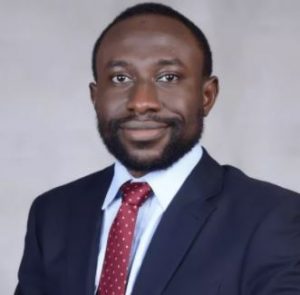
“When you get rejections you begin to feel different, you begin to question your own abilities” he says. “That’s one big challenge I had to come to terms with, to not let it get to me.”
The HKU career development and training team offers careers services including professional development coaching and mentorship. The team also works closely with recruiters to help secure students employment and offers support and advice when students receive rejections.
With help from the careers staff, Muhammad says he’s learned to be more resilient. “I feel very different about rejections now, I handle it better. As soon as I get a rejection now I apply for two more jobs, so it pushes me on.”
3. You grow your confidence
HKU MBAs are given real world working experience through business simulators and consulting projects designed to push you out of your comfort zone.
Yuta, a former management consultant and editor of a publishing company in Japan, found this even more challenging. He’d spoken English in a business setting during his time in Japan, but wasn’t used to speaking English casually on a regular basis.
“At the beginning of the MBA I couldn’t always express myself easily through English in group projects,” he explains.
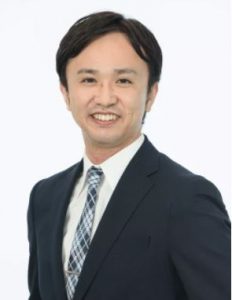
With help from his classmates, he found he became more confident as the course progressed. “They were so kind, and they always tried to understand what I wanted to say; because of that environment I improved my English while I learned.”
One of the most important practical experiences for HKU MBAs is the capstone project, which requires them to apply all the lessons they learn throughout the program to solve a real-life complex business problem.
Students work on the task throughout the year and present their work to a panel of faculty members at the end of the course.
Bringing together all the course topics—which range from corporate finance to marketing—into one project, revealed to Yuta just how much he’d developed during the program.
“The capstone project was the highlight of my journey,” he says, “my confidence developed so much as I realized I could use my knowledge in any project in the real world.”


